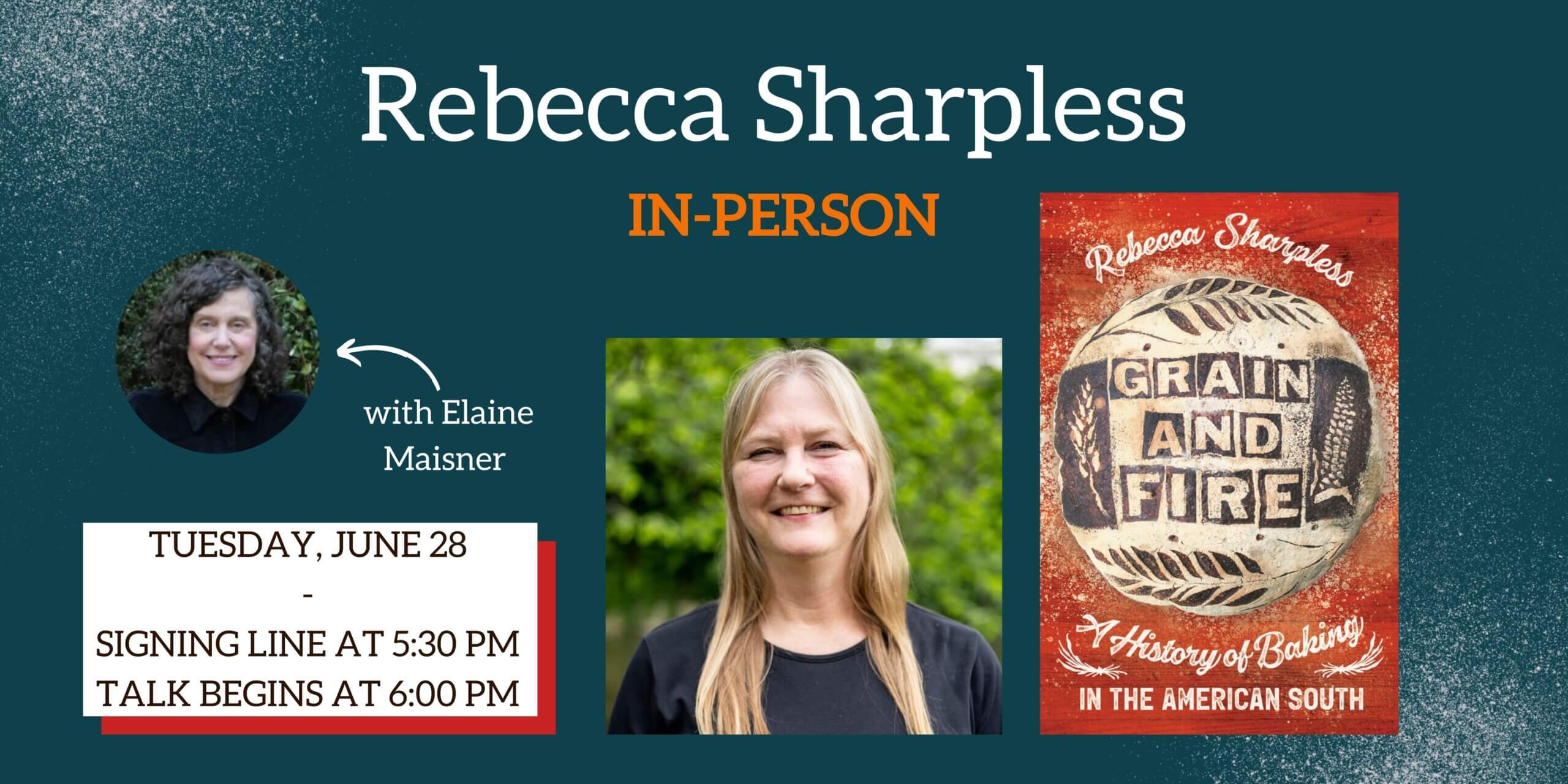Doris Betts Book Club at Pittsboro Presbyterian Church
Pittsboro Presbyterian Church 95 East Street, PittsboroLast Tuesday of every month at 11 am Fellowship Hall Join us for the Doris Betts Book Club meeting for a lively discussion of this month’s book. How does it work? Group members select books, both fiction and nonfiction, with themes and challenges that draw us to consider the role of faith and spirituality in our lives. Didn’t finish the book? (or even read it?!) Come anyway and enjoy the fellowship, conversation and intellectual stimulation. Have a book you’ve read that you’d love to discuss? Come and propose it to the group! We look forward to seeing you there. June 28, 2022 “The No. 1 Ladies' Detective Agency” by Alexander McCall Smith Led by Martha Adcox Precious Ramotswe has only just set up shop as Botswana's No.1 (and only) lady detective when she is hired to track down a missing husband, uncover a con man, and follow a wayward daughter. However, the case that tugs at her heart, and lands her in danger, is a missing eleven-year-old boy, who may have been snatched by witchdoctors
Rebecca Sharpless presents GRAIN AND FIRE: A HISTORY OF BAKING IN THE AMERICAN SOUTH, with Elaine Maisner at Flyleaf Books
Flyleaf Books 752 MLK Jr Blvd, Chapel HillVisit the Flyleaf Books event page to order your book, and please indicate in the comments if you’d like 1-2 seats held for you at the event! A coconut cake is not always just a coconut cake While a luscious layer cake may exemplify the towering glory of southern baking, like everything about the American South, baking is far more complicated than it seems. Rebecca Sharpless here weaves a brilliant chronicle, vast in perspective and entertaining in detail, revealing how three global food traditions—Indigenous American, European, and African—collided with and merged in the economies, cultures, and foodways of the South to create what we know as the southern baking tradition. Recognizing that sentiments around southern baking run deep, Sharpless takes delight in deflating stereotypes as she delves into the surprising realities underlying the creation and consumption of baked goods. People who controlled the food supply in the South used baking to reinforce their power and make social distinctions. Who used white cornmeal and who used yellow, who put sugar in their cornbread and who did not had traditional meanings for southerners, as did the proportions of flour, fat, and liquid in biscuits. By the twentieth century, however, the popularity of convenience foods and mixes exploded in the region, as it did nationwide. Still, while some regional distinctions have waned, baking in the South continues to be a remarkable, and remarkably tasty, source of identity and entrepreneurship. Rebecca Sharpless is professor of history at Texas Christian University. Her most recent book is Cooking in Other Women's Kitchens: Domestic Workers in the South, 1865-1960.


